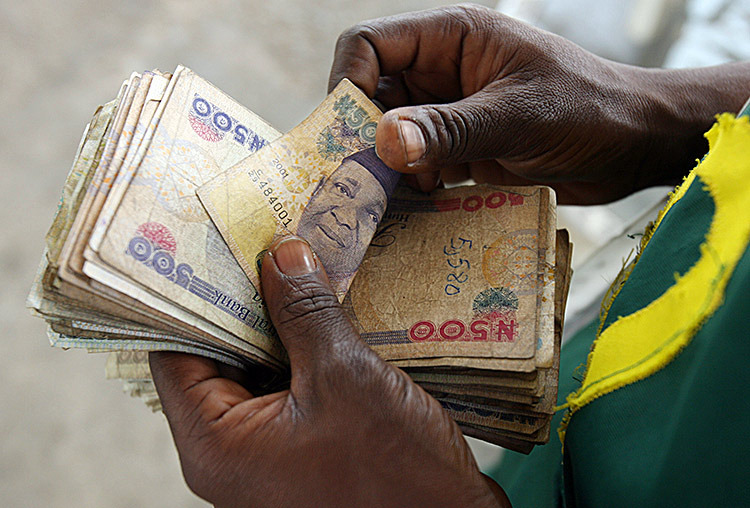Many factors gave the naira major boost against the dollar in the last few days. The resumption of international flights to Nigeria on August 29 brought some reliefs to naira exchange rate. There was also the reduction in the activities of forex speculators fearing loss of their capital and subsequent gains recorded by the naira at the black market.
The naira has in the last one week, gained 60 to close at 420 to dollar from previous 480 to dollar. Naira rebound against the dollar was also linked to an announcement by the Central Bank of Nigeria (CBN) that it would resume the sale of foreign exchange to operators of Bureau de Change (BDCs) from Monday, September 7.
Compared to the previous days’ sales, the naira exchanged for 420 to a dollar in the BDC segment of the market on Wednesday, September 2, plunging speculators into losses.
The CBN said it had concluded plans to inject liquidity into the foreign exchange market by selling forex to licensed BDC operators. It said the sale to BDC would be gradual and be done twice a week – Mondays and Wednesdays, hence the BDCs had been directed to ensure that their accounts with their banks are adequately funded to ensure seamless transactions.
- READ ALSO:
- CBN Directs Banks To Comply With SWIFT Payment Rules
- Keeping Naira Strong With CBN, ABCON Collaboration
- UBA: Technology Upgrade Enhances Customer Satisfaction
- NOVA Merchant Bank appoints Ude new CEO
It assured that those requiring foreign exchange for purposes of travel, educational fees and other invisibles could obtain such over the counter from their respective banks.
Aminu Gwadabe, leader of BDC group in Nigeria, said operators are already complaining about $0.0052 margin they are getting on every dollar sale. He said the $0.0052 margin per dollar presently allowed by the CBN is inadequate in view of the huge operating cost of BDCs.
The exchange rate volatility pass through effect on prices is already showing up in the inflation data which is now at a 28-month high of 12.82%. Nigeria’s inflation rate rose by 12.82% (year-on-year) in July, compared to 12.56% recorded in June 2020. This is the highest rate recorded in 27 months since March 2018 when headline inflation was 13.34%.
This information is according to the Consumer Price Index (CPI) report released by the National Bureau of Statistics (NBS).
The report also shows that Nigeria’s inflation has consistently increased for 11-months, rising from 11.02% in August 2019 to 12.82% in July 2020.
The highest increases were recorded in prices of medical services, Passenger transport by air, Pharmaceutical products, Hospital services, passenger transport by road, maintenance and repair of personal transport equipment, Paramedical services, and Vehicle spare parts.



